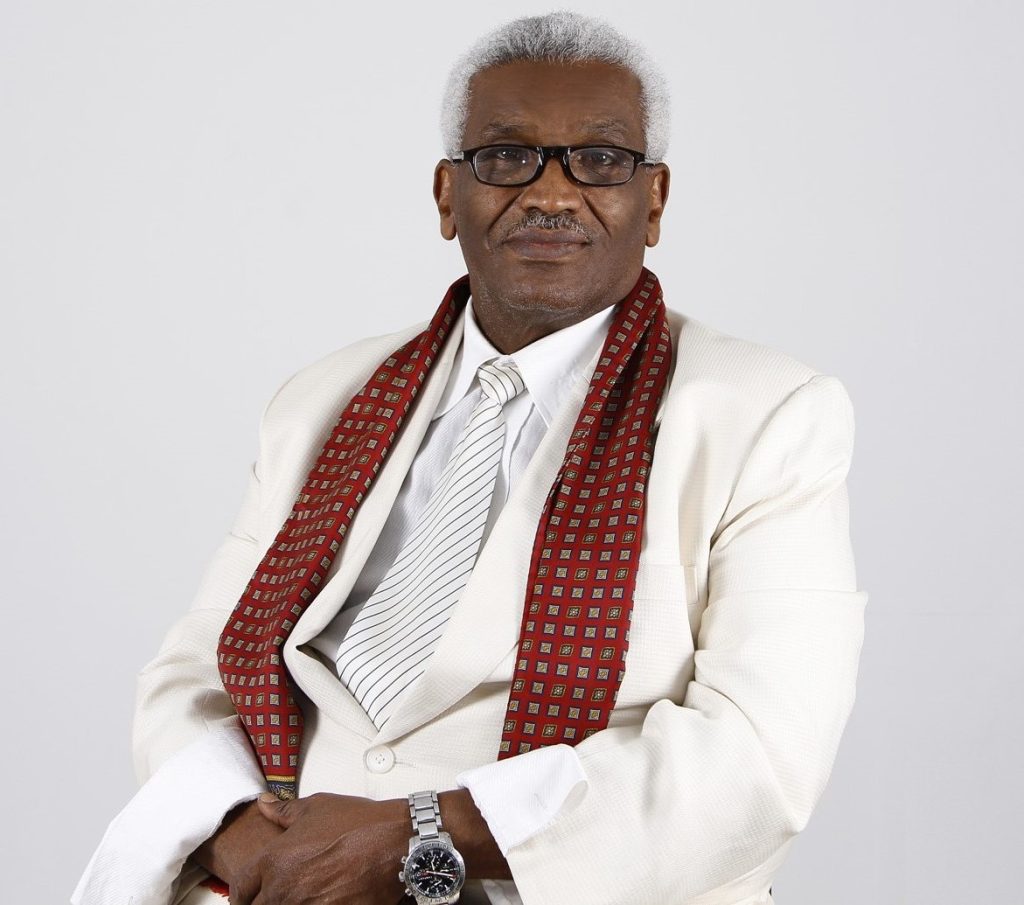
Banking business as a rule is based on banking laws and banking customary practices. This should be followed, however, in many cases between banks and their customers the issue of undue influence has been raised by customers.
Contractual and professional duties, in banking business, are of paramount importance all through. Based on this irrebuttable presumption, bankers are obliged to be of top honesty coupled with professional intention, when dealing with all customers. Primarily, they should put the interests of the bank at the same level of the interests of the customer. In other words, not to override the interests of their customers at all.
Here comes the issue of “undue influence”. What is the legal meaning of undue influence? This has been discussed in details in a famous English case.
In Morgan s case, the husband who was in business difficulties was unable to meet the repayments under a mortgage secured over the home which he owned with his wife. As a result, the mortgagee commenced proceedings to take possession of the home, and to avert that possibility the husband made refinancing arrangements with a bank, the refinancing being secured by a legal charge in favour of the bank.
The bank was made aware of the urgency of the matter and later on the bank manager called at the home to get the wife execute the charge. In the course of the bank manager brief visit to the home the wife made it clear that she had little faith in her husband business ventures and that she did not want the legal charge to cover his business liabilities.
The manager assured her in good faith but incorrectly that the charge only secured the amount advanced to refinance the mortgage. In fact, the charge was by its terms unlimited in
extent and therefore could extend to cover all liabilities of the husband, although it was the bank intention to treat it as limited to secure the amount required to refinance the mortgage.
The wife did not receive independent legal advice before signing. The bank subsequently obtained an order for possession of the home after the husband and wife fell into arrears. Soon afterwards the husband died without owing any indebtness to the bank for business advances. The wife appealed against the order for possession, contending that she had signed the charge because of undue influence from the bank and that therefore it should be set aside.
The bank contended that the defense of undue influence could only be raised when a defendant had entered into a transaction which was manifestly disadvantageous to him and, since the husband had died without business debts owing to the bank, the wife was not manifestly disadvantaged but in fact had benefited under the transaction because it had averted the proceedings for possession by the prior mortgagee.
The Court of Appeal allowed the appeal of the wife, holding that a special relationship had been created which raised the presumption of undue influence which the bank was unable to rebut because it had failed to advice the wife to seek independent legal advice.
The bank appealed and The House of Lords held that the facts were a far cry from a relationship of undue influence or from a transaction in which an unfair advantage was obtained by one party over the other. Further the charge, limited as it was by the bank manager declaration to securing the loan to refinance the mortgage was not disadvantageous to the wife.
The bank manager never crossed the line. Nor was the transaction unfair to the wife. It was an ordinary banking transaction whereby the wife sought to save her home, and she obtained an honest explanation of the bank’s intention which
was correct. The bank had not sought to make the wife liable, or to make her home the security, for any debt of her husband other than the loan and interest necessary to save the house from being taken away from them in discharge of their debt.
To conclude, undue influence by bankers in all instances could be taken to Courts.
Source: Dr. AbdelGadir / Legal Counsel / AfricaNewsAnalysis
